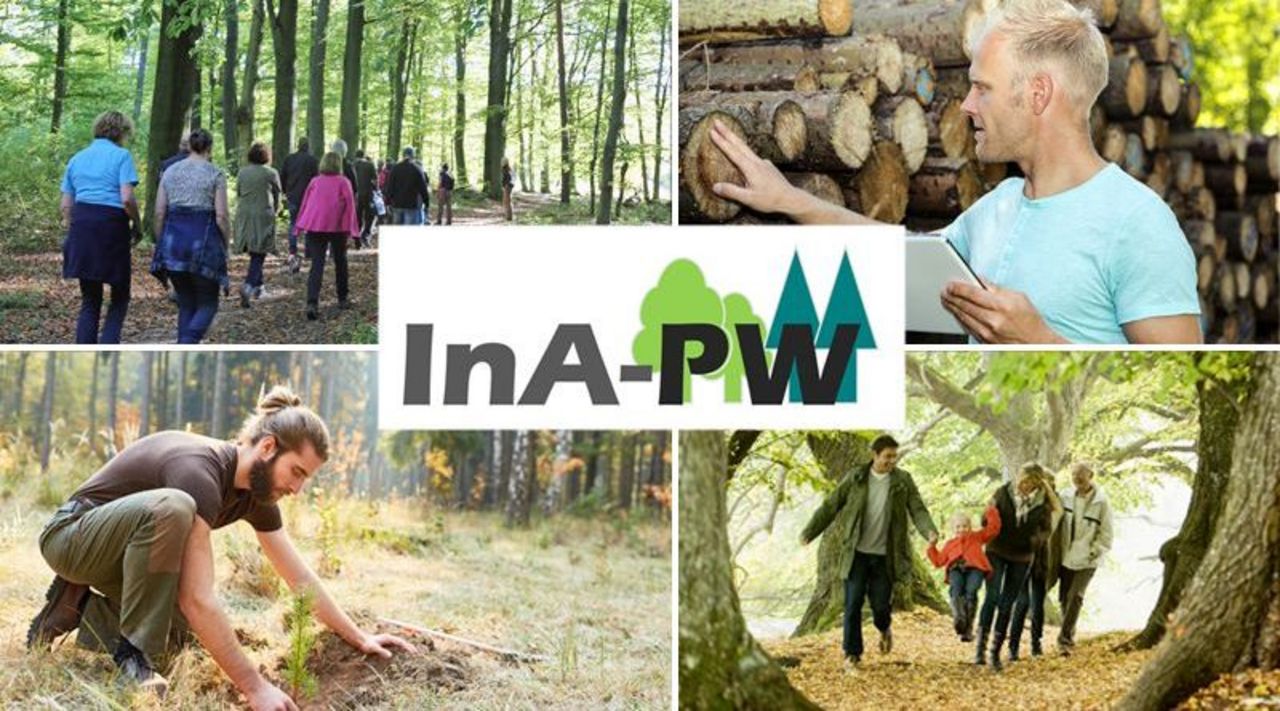Project
Institutional economic analysis - (small-scale) private forest

Institutional economic analysis and approaches to improve organization and management in small-scale private forest
In the research project, the framework for the management of small-scale private forests is to be investigated. The aim is to make recommendations for its further development.
Background and Objective
Sustainable forest management in Germany provides numerous ecosystem services. The responsibility for this is largely in the hands of private forest owners. 48 percent of the 11.4 million hectares of forest in Germany are privately owned. The largest share of it - around a quarter of Germany's forest area - is made up of so-called small-scale private forests with areas of less than 20 hectares.
The research project is based on the central hypothesis that the existing institutional, legal and economic framework conditions often do not meet the needs of small-scale private forest owners. For this reason, the management of small-scale private forests does not take place because it is no longer profitable from the individual perspective of the owners.
Therefore, the collaborative project aims to:
a) to systematically describe the legal, social and economic framework conditions in small private forests
b) to empirically analyze the factors influencing the choice of management and organizational form, and
c) to analyze them in terms of institutional economics, and
d) to investigate the effects of institutional arrangements on forestry decisions.
Target Group
Small-scale private forest owners and decision-makers from politics, administration and business
Approach
To realize the project, an interdisciplinary research approach is chosen that integrates methods from law and empirical social sciences, forest economics and forest planning. Through close coordination with key stakeholders in workshops and application to concrete case studies, the project is highly relevant to practice.
Data and Methods
The sub-project based at the Thünen Institute of Forestry is based on the in-depth analysis of data from a Thünen survey of private forest owners conducted in 2017. 1,202 people with private forest ownership in Germany were interviewed in a population-representative telephone survey. Here, numerous data were collected on the life situation (e.g., sociodemographic data or social milieus), on goals and attitudes, on realized actions and future willingness to act in forest ownership, on knowledge structure and communication, on forest structure, and on consulting and support services.
Our Research Questions
The central research questions of our subproject are:
a) How can small-scale private forest owners be typologized with respect to their forest management activities as well as willingness to act in the future?
b) What determinants influence the organizational choices (e.g. membership in a forest owner association) of different small-scale private forest owners?
Thünen-Contact

Involved Thünen-Partners
Involved external Thünen-Partners
- Georg-August-Universität Göttingen
(Göttingen, Deutschland)
Funding Body
-
Fachagentur Nachwachsende Rohstoffe e.V. (FNR)
(national, öffentlich)
Duration
12.2020 - 6.2024
More Information
Project funding number: 2220NR054D
Funding program: FNR
Project status:
ongoing
Publikationen
- 0
Stockmann J, Franz K, Seintsch B, Neitzel C (2024) Factors explaining the willingness of small-scale private forest owners to engage in forestry - A German case study. Forests 15(2):319, DOI:10.3390/f15020319
- 1
Stockmann J, Franz K, Seintsch B, Dieter M (2023) Wie erreicht man zukünftig den Kleinprivatwald? AFZ Der Wald 78(1):38-41



![[Translate to English:] Logo des Bundesministerium für Ernährung und Landwirtschaft](/media/allgemein/logos/BMEL_Logo.svg)